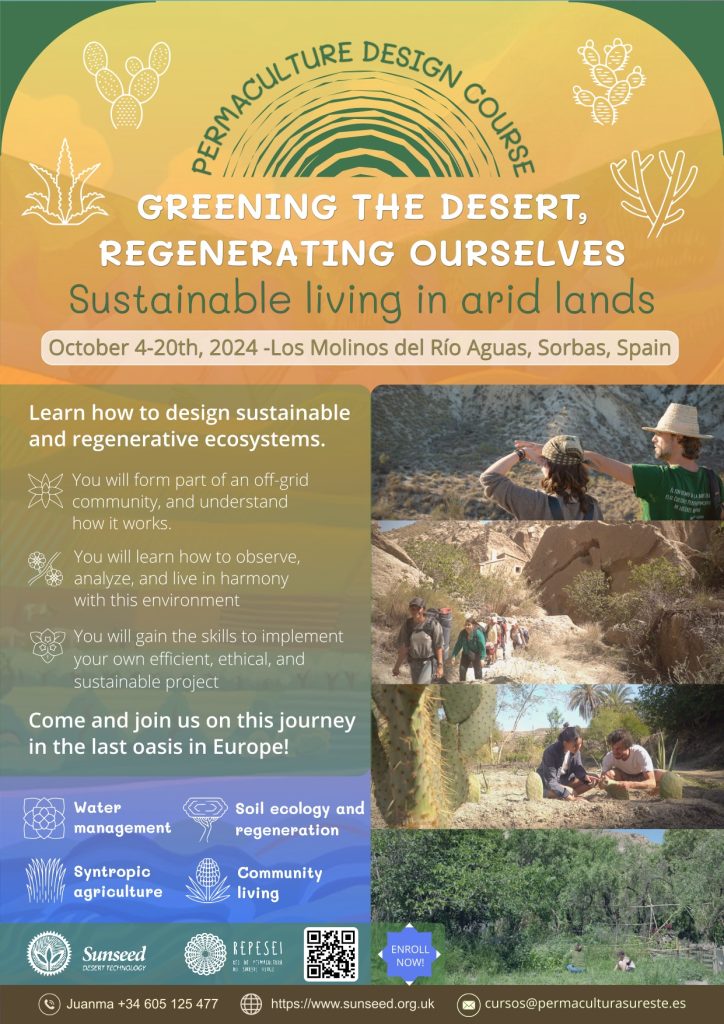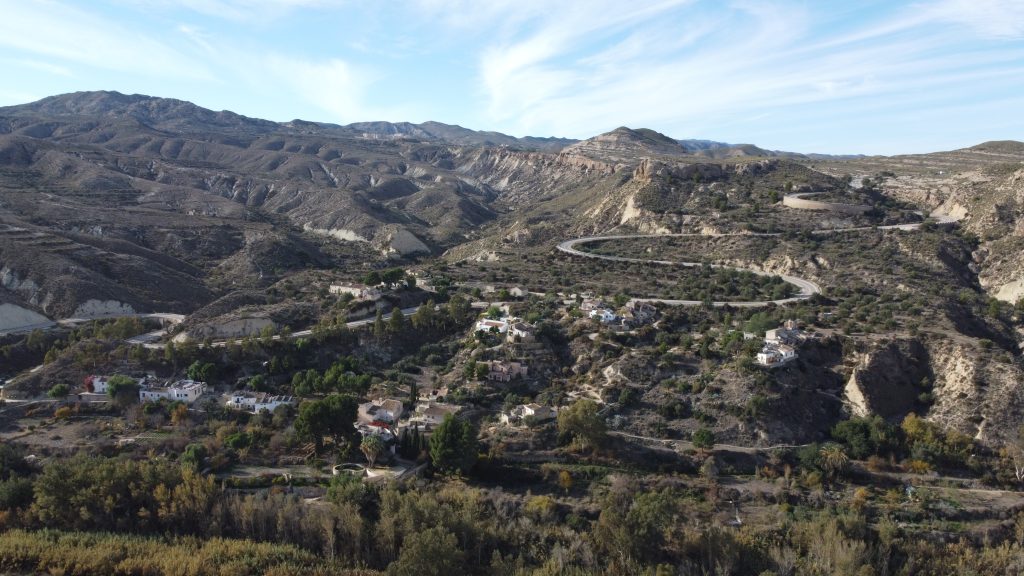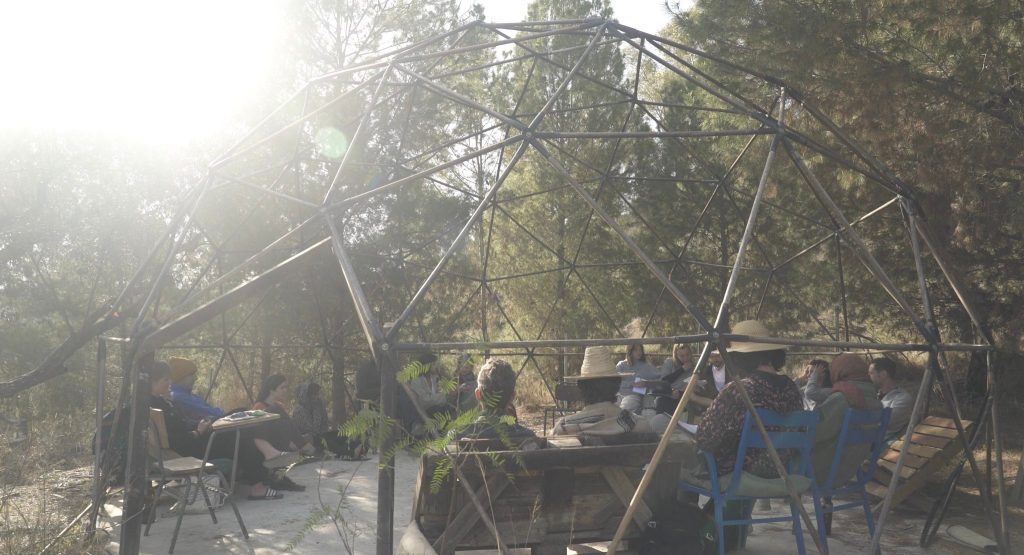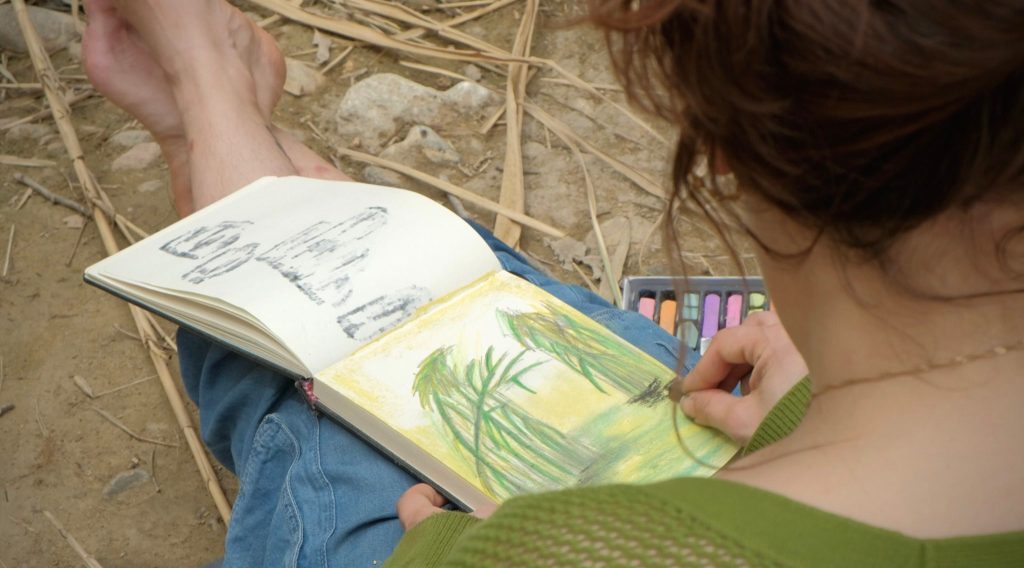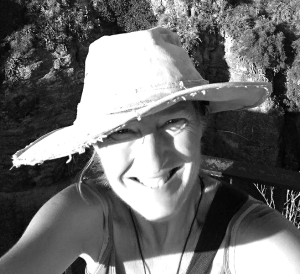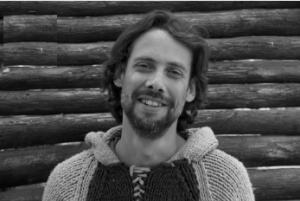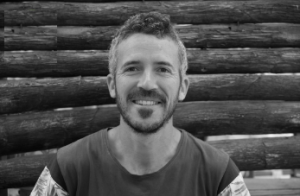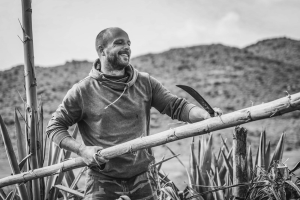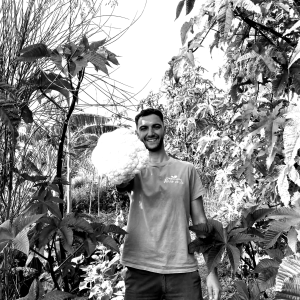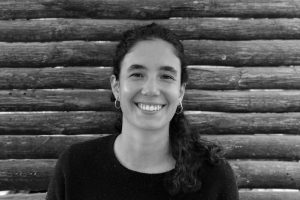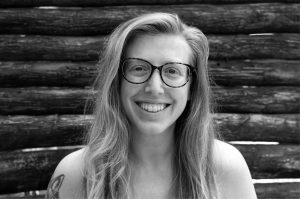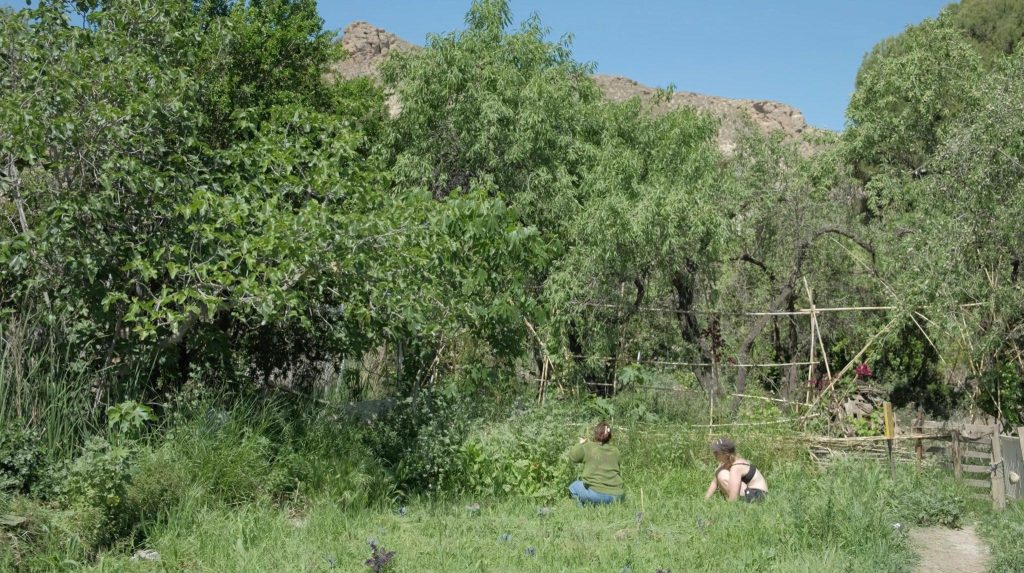Courses and Events
“We tend to respond to nature as a part of ourselves, not a stranger or alien available for exploitation.”
– Robin Wall Kimmerer, Braiding Sweetgrass

(Written by Paulina Wieser, October 2025)
What does it mean to come to Sunseed? Why do people come here? Why change the comfort of city life to living in the middle of nowhere, depending on solar power and not being able to just quickly go grocery shopping?
I can´t answer this question for everyone here, but I can try to illustrate my reasons for coming here, what it means to live in a closer connection with nature and how this can shape the perception of our world.
Leaving the city
I grew up in a big city. Which is not a bad thing, as I was surrounded by culture, political movements happening right outside our doorstep and had so many opportunities so close. Only by moving to a small village in the Alps for my master´s, I realized that living in a city also means a complete disconnection from our environment. Our feets only ever touch concrete, the next tree is hard to find and if you do find one, it is caged in a prison of grey stones. and discarded cigarettes. We look around and everything is made by humans, banishing the very nature that keeps us alive to the borders of our perception.
In my new home, my bare feet walked on fresh grass more often than not, I looked out the window into mountains covered in snow and the forest was closer than the next bar. Instead of longing for the things that were “missing” in this new life, I found more happiness in realizing that nature provides us with everything we need.

Learning nature´s rhythm
Being outside also made me realize how little even I know about our nature, so I longed to live in a place with even more connection to her. Luckily, there are already many projects and communities that work on doing just that so I made it my mission to discover some of them – which is why I started my stay as a communications assistant in Sunseed Desert Technology.
Living in Sunseed means paying attention to the weather, the ever changing seasons and how we can have a healthy relationship with our fellow living beings. It also means to live with as little negative impact to the environment as possible – which sometimes means less comfort. But less comfort doesn´t automatically mean a worse life – it just means changing our habits and being more aware of our surroundings.
- We rely on solar power. This means charging our devices and using big electric appliances mainly during the daytime. On cloudy days, we limit our usage in order to save electricity for the most important work. Lights at night are kept to a minimum – all this makes it possible to be more aware of the moments we are in.
- Our food comes from the garden or a nearby organic farm, completely seasonal an regional. In tomato season, they grow in abundance and the ones we cannot use directly have to be preserved to prepare for the winter. During that time, there´s less variety, but the joy afterwards, when the first fruits thrive, is even greater.
- In this semi-arid region, water does not simply come out of the tap like it does in my hometown Vienna. Water is scarce not only due to the heat, but also because of illegal wells to water the olive plantations. We depend on the river and a nearby spring for water. Water is the most valuable key to life.

Changes from within
In this sociocratic community, we are divided in departments but are all responsible for the wellbeing of the community. Sunseed is our home that we collectively shape. This way, everybody that was here has left some kind of footprint, be it a physical or emotional one. If you want to introduce a new composting method, build a human-powered bicycle blender or conjure wonderful potions for the health of the community – the people here bring the project to life. Being here is inspiring, because you see what is possible once enough people put their minds and hands to it. Sunseed has also enabled people to start new projects beyond the community borders, as being here connects you with other like-minded souls.
And what happens next?
Sunseed is a transitional community – this means, that nobody stays here forever, but it´s a consistent flow of people living here for maximum of two years. You live here for a while, learn, grow and then move on with a part of Sunseed, and leave a part of you in Sunseed. Of course, not everything is easy – living in a community is a big change from a life in your own apartment, but this way you learn more about yourself than you thought.
Want to see for yourself? Come and join Sunseed as a volunteer or staff member – here you can see more about the available roles!











































